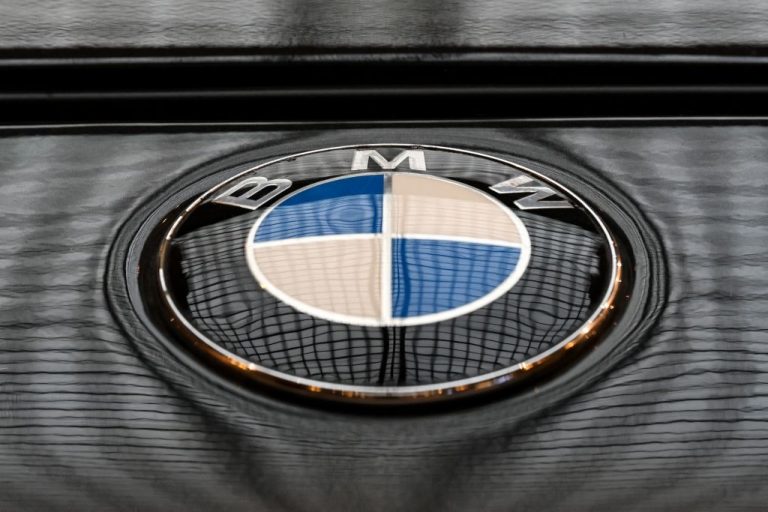The ongoing power shortage in China has forced businesses across many industries to restrict their operations. Experts are now worried that the global car market, which is already facing a shortage of vehicles, might soon be affected by the power crisis due to a decrease in magnesium production.
Magnesium is a critical component to produce aluminum alloys that are used to build various car components like body panels, axles, fuel tanks, brakes, and brackets. China accounts for 85 percent of the global supply of magnesium. The power crisis has forced magnesium producers to limit output, which will eventually hurt the global car industry.
A significant amount of magnesium comes from the Yulin town in Shaanxi Province. Authorities have instructed 70 percent of magnesium smelters to cease production for the rest of the year. The remaining producers were asked to cut down production by 50 percent. In a few months, the world could face a critically low supply of magnesium.
According to WVM, Germany’s association of metals producers, Europe’s magnesium reserves will only last until November.
“With a supply bottleneck of this proportion, massive production losses are threatened in the entire aluminium value-addition chain in sectors such as the automobile, aircraft, electro-bicycle, construction, the packaging industry, and engineering,” the association stated.
Success
You are now signed up for our newsletter
Success
Check your email to complete sign up
European Aluminium (EA), whose members include Alcoa, Norsk Hydro, and Rio Tinto, has also raised alarm over the situation and asked the EU to work with Beijing to address the magnesium supply situation. The association fears that Beijing might use the remaining magnesium production to prioritize the needs of China’s own domestic industry.
“The current magnesium supply shortage is a clear example of the risk the EU is taking by making its domestic economy dependent on Chinese imports. The EU’s industrial metals strategy must be strengthened—aluminium cannot become the next industry leakage case,” EA said in a statement.
Forty-five percent of China’s annual magnesium production is imported by Europe. Any fall in magnesium production and cost of imports will rise, impacting European car manufacturing. The magnesium shortage has already begun to affect prices. The cost of magnesium imports in Europe has risen by 75 percent over the past month, hitting a record $9,000 a ton.
Amos Fletcher, an analyst at Barclays, stated that 35 percent of downstream demand for magnesium comes from auto sheets. If the supply of magnesium comes to a halt, the auto industry will have no choice but to shut down.
The American situation is a bit different from Europe since North America has a large domestic producer of metal, US Magnesium. This provides the United States with a certain degree of protection against China-driven magnesium supply shortages.
At a recent annual conference of the China Nonferrous Metals Industry Association (CNMA), Lin Ruhai, president of the association’s magnesium branch, stated that there have been “sharp rises” in magnesium metal feedstock prices. This has resulted in “production suspensions” in the Chinese magnesium production industry since August. However, he claims that prices will not jump up too much next year.














